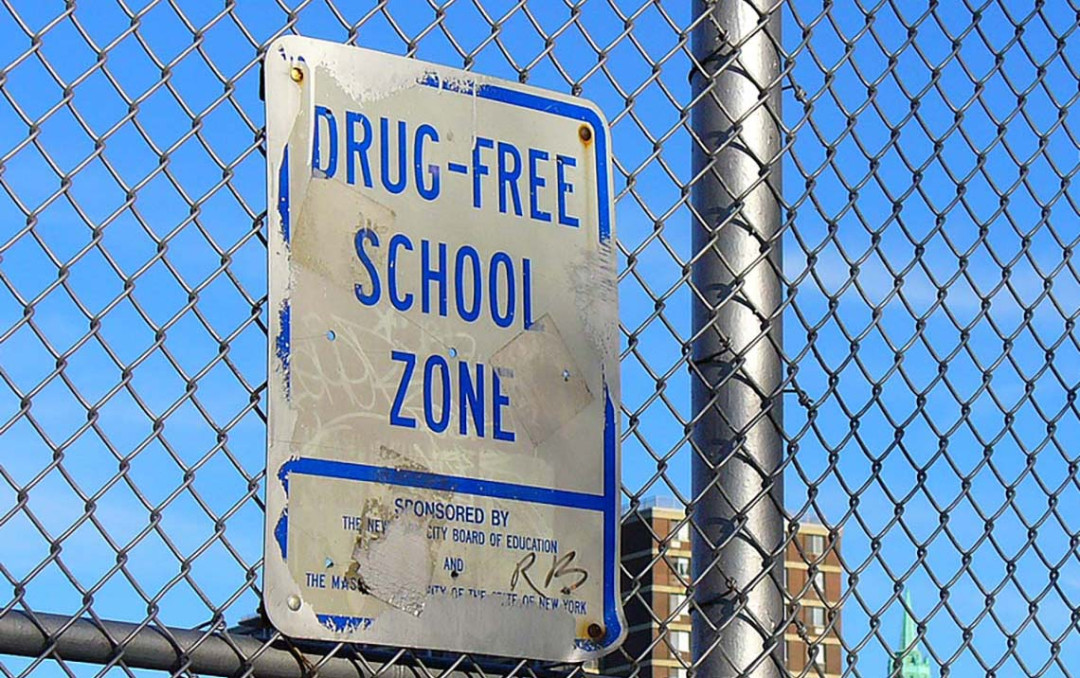Mythbusters: gangs target middle class kids

Are the Head Hunters really teaming up with the Mongrel Mob and Black Power to sell methamphetamine to rich private school kids?
The government recently released a report that estimated that the long-term cost to the taxpayer of contact between gang members and their children and the Ministry of Social Development and Child, Youth and Family is $714 million.
Responding to the report, Police Minister Judith Collins told ONE News that the Head Hunters gang is working with the Mongrel Mob and Black Power to distribute methamphetamine.
“Gangs are working together now in prisons and out of prisons for a particular cause, and that’s making a lot of money,” Ms Collins said.
She went on to say that the gangs are using a strategy of targeting “middle class kids who go to the best schools ... because their parents have a lot of money”.
Ms Collins claimed that intelligence gathering had found that gangs were using social media and branded products such as hats and sweatshirts to market themselves.
Drug Foundation Executive Director Ross Bell responded to Ms Collins’ statement by saying that it doesn’t stack up with the statistics on methamphetamine use.
He pointed out that, from a high point of 2.7 percent of the population in 2003, past-year use of methamphetamine had fallen to 0.9 per cent in 2014/15, a number that has remained constant since 2011/12.
He also said that the majority of users of methamphetamine are 25 to 35-year- olds. In fact, the mean age of a user has increased from 29 to 33 in the last two years, according to the latest New Zealand Health Survey.
In the latest Youth Health Survey, less than 1 percent of students reported ever using methamphetamine, and most of those students reported only using it once.
So it appears that Ms Collins’ claims are not supported by official statistics released by the government.
However, it may be the case that Ms Collins has seen reports that have not been publicly released. Her comments came on the same day that she announced a multi-agency Gang Intelligence Centre.
Jarrod Gilbert, a sociologist at the University of Canterbury and author of Patched: The History of Gangs in New Zealand, was highly critical of her comments about gangs.
In an opinion piece published in the New Zealand Herald, Gilbert said he would resign from the University of Canterbury if Ms Collins’ claim that “close to one third of the prison population are active gang members” was true.
He said that her own data showed there are 4,000 gang members in New Zealand. Given the prison muster is over 9,000, that would leave only 1,000 active gang members out of jail, a number that Gilbert says “is not even remotely close to being true”.
He was also critical of her claims about selling methamphetamine to school children, saying it would be hard to find a better example of “dog whistle politics”.
That sentiment was echoed by former Black Power member Denis O’Reilly, who said the government needed to “stop hyping up” and instead pursue a more nuanced community-based approach to gangs that focuses on whänau.
The Sensible Sentencing Trust put out a statement supporting Ms Collins, saying it “backs her and any Government Minister who is prepared to stand up to these thugs”. It said that Denis O’Reilly should “front up with the cold hard facts or crawl back under his rock”.
Opinions on various social media were critical of Ms Collins’ statements. One blog accused her of implying that the issue of methamphetamine use “only really began to matter once it started to happen to the kids of the upper class”.
Facebook comments on the original ONE News story were broadly negative. “Suddenly it’s news when it’s ‘rich kids’ being targeted?” wrote one user. “Anyone working in the field will tell you those kids in poorer environments (and often more at risk) have been targeted for years and no news items about that.” (sic)
It’s difficult to produce a verdict on the veracity of the Police Minister’s claim that gangs are teaming up to sell meth to private school kids via social marketing campaigns and clothing merchandise without having seen all the evidence. However, it does seem that her claims were at least sensationalist, if not a little mythical.
Recent news

Reflections from the 2024 UN Commission on Narcotic Drugs
Executive Director Sarah Helm reflects on this year's global drug conference
What can we learn from Australia’s free naloxone scheme?
As harm reduction advocates in Aotearoa push for better naloxone access, we look for lessons across the ditch.

A new approach to reporting on drug data
We've launched a new tool to help you find the latest drug data and changed how we report throughout the year.

